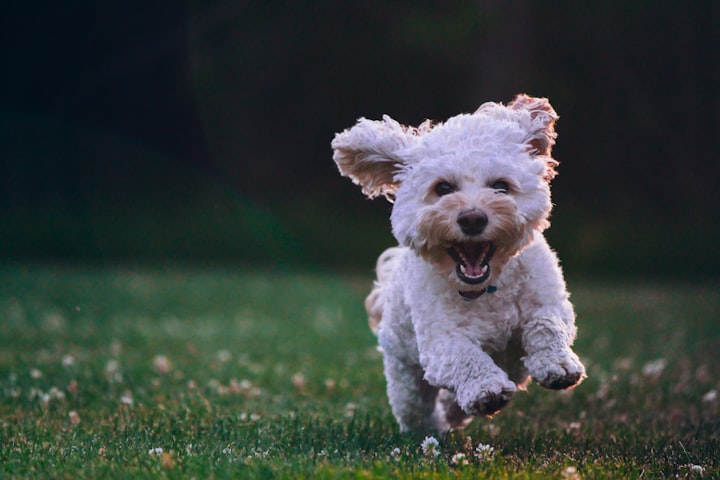
Dogs are beloved companions that offer unconditional love and affection to their human counterparts. One of the ways in which dogs express their affection is by licking their owners' faces. But what is the science behind this behavior, and why do dogs do it?
At its core, facial licking is a natural behavior that dogs engage in as a way to communicate and bond with their human companions. Licking is a form of social grooming that is common among canines and serves a variety of purposes. In the wild, dogs and other canids lick each other's faces as a way to establish and maintain social bonds, as well as to communicate their social status and hierarchy.
Similarly, dogs that lick their owners' faces are doing so as a way to bond with them and show their affection. When a dog licks its owner's face, it is releasing endorphins that produce feelings of pleasure and contentment in both the dog and the human. This reinforces the bond between the two and helps to build a strong, loving relationship.
However, there is much more to the science behind facial licking than simple affection and bonding. In fact, there are several complex psychological and physiological factors that contribute to this behavior.
One of the main reasons why dogs lick their owners' faces is to communicate their emotions and feelings. Dogs are highly attuned to human emotions and are able to pick up on subtle cues in our facial expressions, body language, and vocalizations. When a dog licks its owner's face, it may be doing so as a way to show empathy and offer comfort in response to the owner's emotional state.
For example, if a dog senses that its owner is sad or upset, it may lick their face as a way to offer support and alleviate their distress. Similarly, if a dog senses that its owner is happy or excited, it may lick their face as a way to share in their joy and enthusiasm.
In addition to emotional communication, dogs also use facial licking as a way to gather information about their environment and their owners. Dogs have a highly developed sense of smell, and they are able to detect subtle changes in their owner's body chemistry that can reveal a great deal about their health, mood, and emotional state.
For example, dogs can detect the scent of hormones like cortisol and adrenaline, which are released when a person is feeling stressed or anxious. In response, a dog may lick their owner's face as a way to calm them down and alleviate their stress.
Furthermore, dogs use facial licking as a form of self-soothing and stress relief. Licking releases endorphins that produce feelings of relaxation and contentment, and this can help dogs to cope with feelings of anxiety or nervousness.
However, it is important to note that excessive facial licking can be a sign of underlying health or behavioral issues in dogs. Dogs that lick excessively may be suffering from allergies, skin irritations, or other health problems that require medical attention. Similarly, dogs that engage in compulsive or obsessive licking may be experiencing anxiety or other behavioral issues that require intervention.
In conclusion, the science behind why dogs lick their owners' faces is complex and multifaceted. While facial licking is a natural behavior that is rooted in social bonding and communication, it is also influenced by factors like emotion, smell, and stress relief. By understanding the science behind this behavior, we can deepen our appreciation for our canine companions and build stronger, more loving relationships with them.
Visit Our Website: https://ashikali9101529.wixsite.com/epicjourney






Comments
There are no comments for this story
Be the first to respond and start the conversation.